Imagine you’re going about your day, feeling the usual ups and downs of life, when suddenly your heart starts to race, flutter, or skip a beat. It’s a concerning moment, and you wonder, “What’s going on?” It is where the trusty Holter monitor steps in, a device that can provide invaluable insights into your heart’s rhythm. Your doctor can recommend a Holter monitor if he thinks something is wrong with your heart. If you want a Holter Monitor Test in Pimlico, Australia, reach out to Heart Station, a renowned cardiac diagnostic centre.
At Heart Station, we provide accurate and safe Holter Monitor Test AU. You do not need to worry about Holter Monitor Cost in Pimlico, as you can get free cardiac tests if you have a referral from any physician in Townsville, Pimlico, and Medicare. Contact us today if you are searching for the best cardiac diagnostic centre.
This blog will discuss why your doctor might recommend a Holter monitor and how it can help unravel the mysteries of your heart. Let’s have a look.
- Understanding the Holter Monitor
- Detecting Silent Troublemakers
- Unmasking Stress-Related Heart Issues
- Evaluating Medication Effectiveness
- Pinpointing Sleep-Related Issues
- Evaluating Recovery After Heart Procedures
Understanding the Holter Monitor:
So, what exactly is a Holter Monitor? Think of it as a mini heart detective. Unlike a standard EKG that only captures a snapshot of your heart’s activity, a Holter monitor records your heart’s rhythm continuously over a 24 to 48-hour period or even longer. It allows it to catch irregularities that may not occur during a brief doctor’s visit.
Detecting Silent Troublemakers:
Our hearts have a sneaky way of acting up when we least expect it. Some heart conditions, like arrhythmias, can be intermittent and may not occur during a regular checkup. It is where the Holter monitor shines. By wearing it throughout your daily activities, it captures those elusive irregularities, helping your doctor make an accurate diagnosis.
Unmasking Stress-Related Heart Issues:
Stress is an inevitable part of modern life, and it can take a toll on our hearts. Your doctor may recommend a Holter Monitor if they suspect that your heart’s rhythm is influenced by stress or anxiety. By tracking your heart’s behaviour during different activities and situations, the monitor provides vital information for tailoring a treatment plan that fits your unique needs.
Evaluating Medication Effectiveness:
Have you recently started a new medication for a heart condition? The Holter monitor can be your best friend in assessing its impact. By comparing the data before and after medication, your doctor can determine if the treatment effectively regulates your heart’s rhythm or if adjustments are needed.
Pinpointing Sleep-Related Issues:
Sleep is necessary for overall health, and it turns out it’s equally important for our hearts. Some heart conditions, such as sleep apnea or nocturnal arrhythmias, primarily manifest during slumber. Wearing a Holter Monitor while you sleep can help your doctor identify these nocturnal heart irregularities and design a targeted treatment plan.
Evaluating Recovery After Heart Procedures:
In evaluating your recovery from a recent cardiac operation or surgery, the Holter monitor might be a highly useful instrument. Your doctor may make well-informed judgments for your continued treatment using this real-time data on your heart’s response to the procedure.
Conclusion
The Holter Monitor is like having a dedicated heart companion, silently observing and recording the symphony of beats that keep us going. By wearing this unassuming device, you empower your doctor with the information needed to make accurate diagnoses and tailored treatment plans. So, if your doctor recommends a Holter monitor, embrace it as your ticket to a deeper understanding of your heart’s rhythms. Visit Heart Station if you are looking for the best Holter Monitor Test in Pimlico, Australia, today.

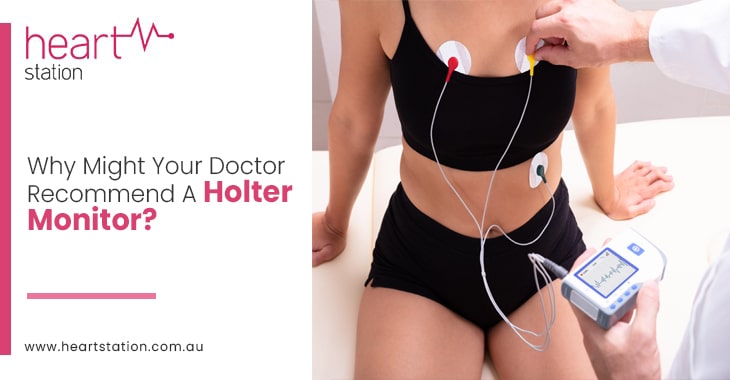
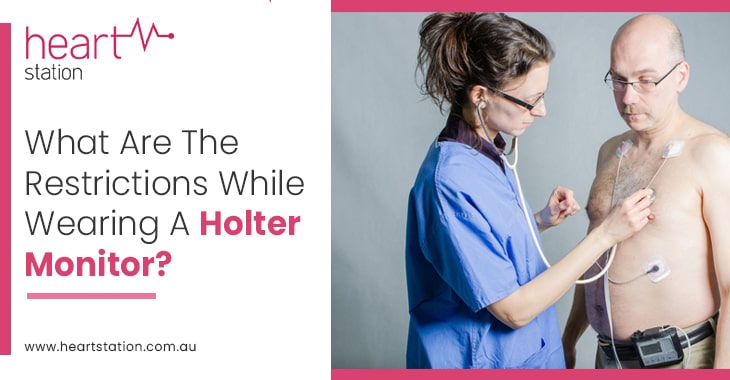
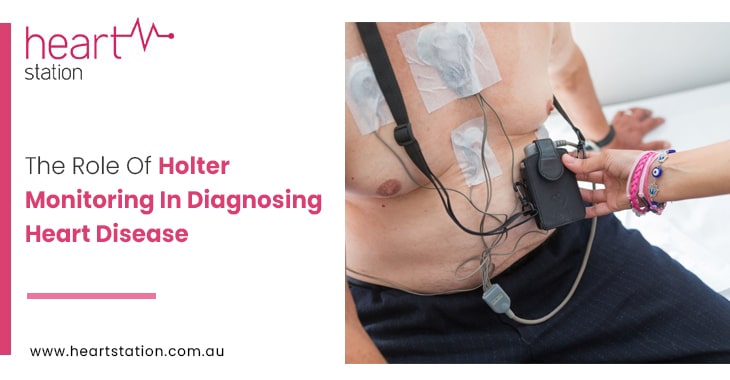
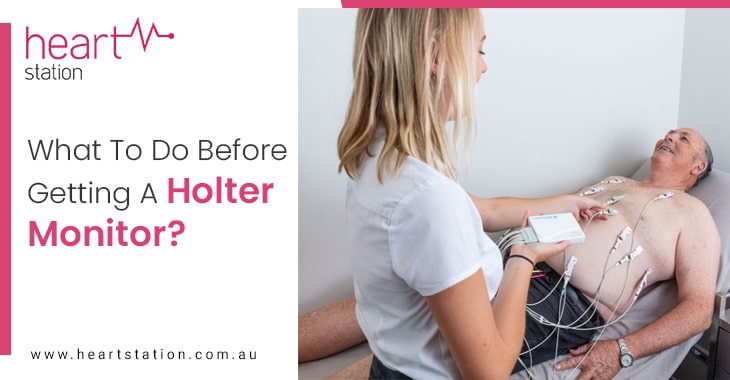
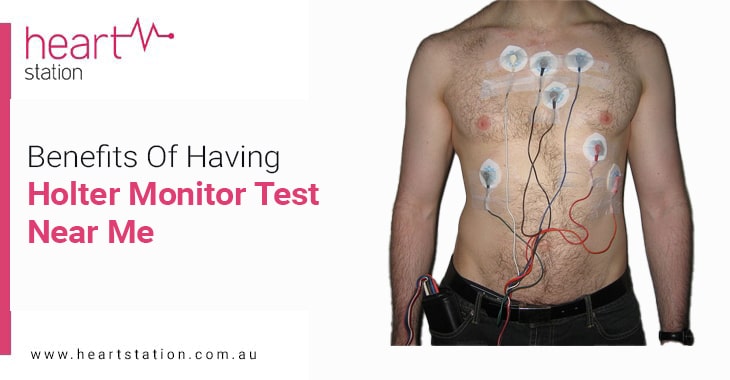
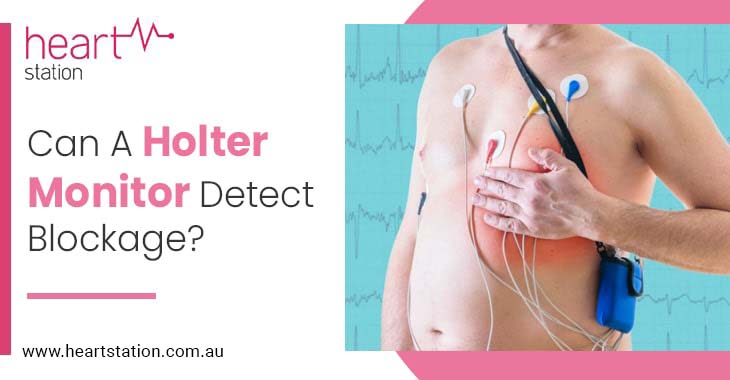
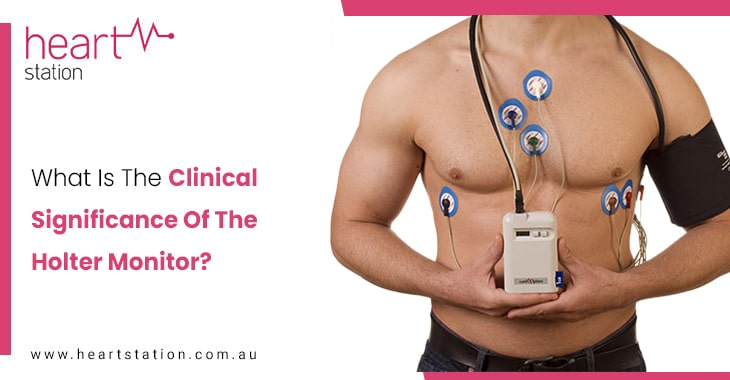
Recent Comments